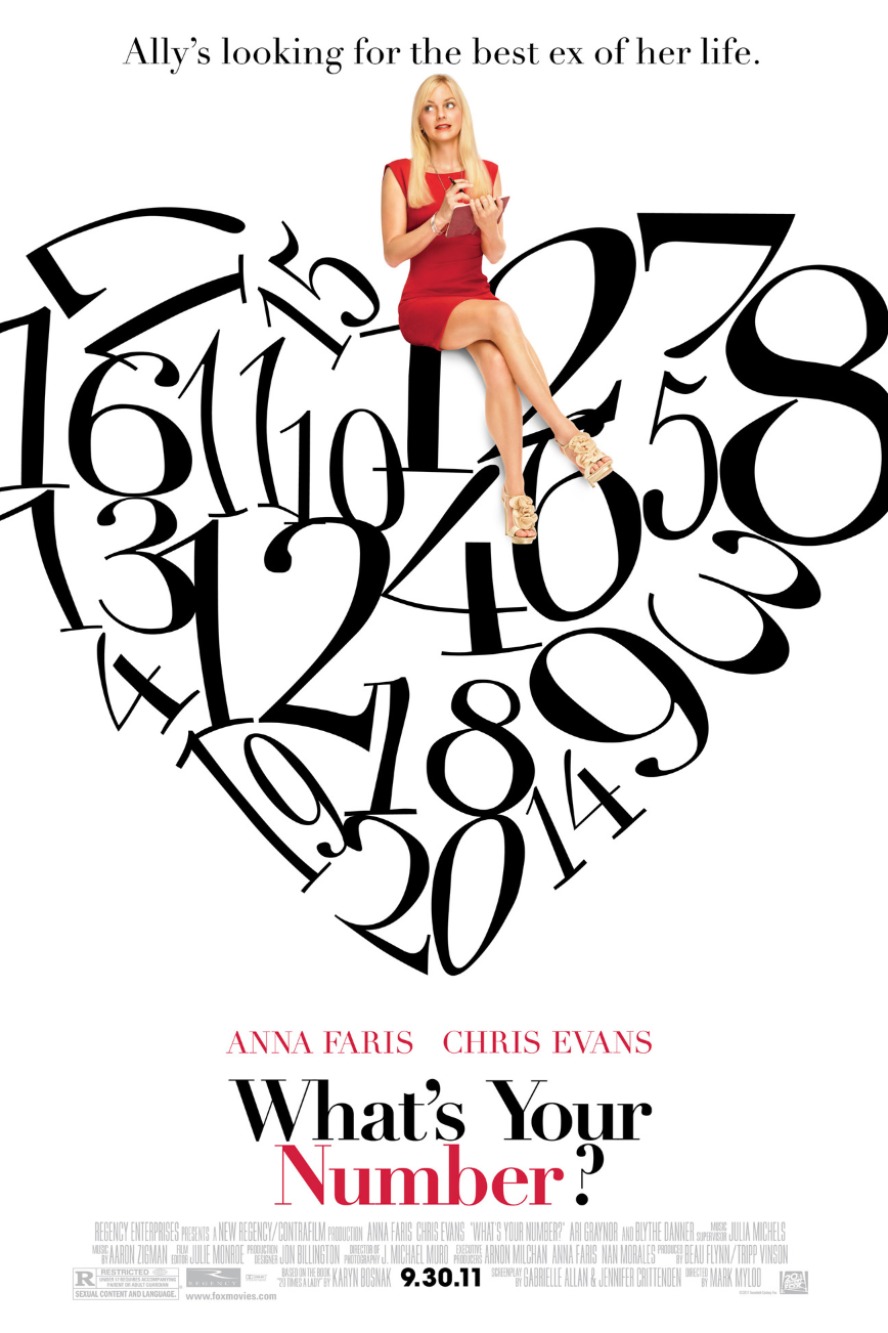Julie Monroe
Biography
Julie Monroe is a respected and prolific American film editor whose body of work spans multiple decades and genres. Known for her sharp storytelling instincts, rhythmic pacing, and ability to shape emotion through the cut, Monroe has worked with some of the most prominent directors in Hollywood, contributing to several critically acclaimed and award-winning films.
Early Life and Education
Julie Monroe was born in the United States, though specific details about her early life and education remain largely private. What is known is that she began her editing career under the mentorship of renowned editor Joe Hutshing, contributing as an assistant or associate editor on major studio films in the 1980s and early 1990s.
Her early experiences working with legendary director Oliver Stone gave her a strong foundation in dynamic, politically-charged editing styles, helping launch her career into the upper echelons of Hollywood.
Career Highlights
Julie Monroe’s career has been marked by a steady progression from assistant editing roles to leading projects as principal editor on major motion pictures. She is particularly noted for her versatility, having worked across drama, romance, historical epics, action, and sci-fi.
Collaboration with Oliver Stone
Monroe rose to prominence working on several films directed by Oliver Stone, including:
Born on the Fourth of July (1989) – Associate Editor
JFK (1991) – Associate Editor
Heaven & Earth (1993) – Editor
Nixon (1995) – Editor
World Trade Center (2006) – Editor
Her collaboration with Stone, known for his fast-paced, non-linear editing style, helped sharpen her narrative instincts and cement her reputation as a top-tier editor.
Partnership with Jeff Nichols
Julie Monroe is also known for her longstanding creative relationship with director Jeff Nichols, editing most of his major films:
Shotgun Stories (2007)
Take Shelter (2011)
Mud (2012)
Midnight Special (2016)
Loving (2016)
The Bikeriders (2025)
Nichols’ films, which rely heavily on tone, character development, and subtle emotional shifts, benefit from Monroe’s restrained and precise editing style. Her ability to maintain dramatic tension while allowing scenes to breathe is a hallmark of their collaboration.
Other Notable Films
Monroe’s editing skills have been showcased in a diverse range of projects, including:
Unfaithful (2002), directed by Adrian Lyne – A psychological thriller where Monroe’s editorial choices heightened tension and emotional nuance.
The Patriot (2000), directed by Roland Emmerich – A historical action drama where she handled large-scale battle scenes alongside intimate character moments.
De-Lovely (2004), directed by Irwin Winkler – A musical biopic where rhythm and musical pacing played a key role in storytelling.
Industry Recognition
While she may not always be in the spotlight, Monroe’s work has been praised by critics, directors, and peers alike. Her editing on Loving (2016) was especially noted for its subtlety, reflecting the quiet dignity of its characters without over-dramatizing the material.



